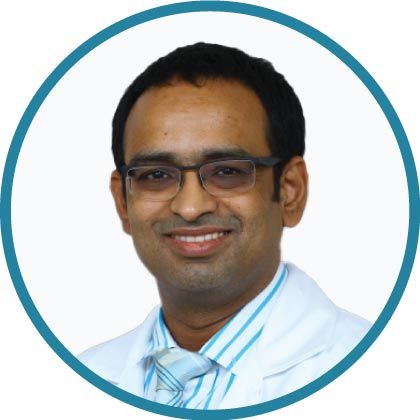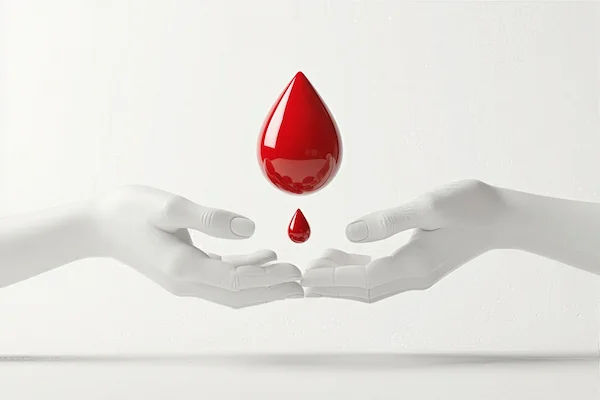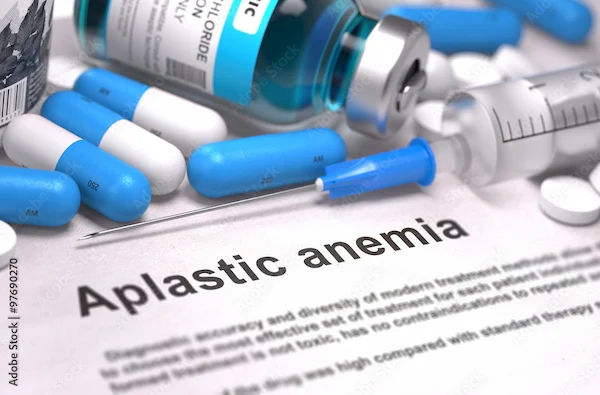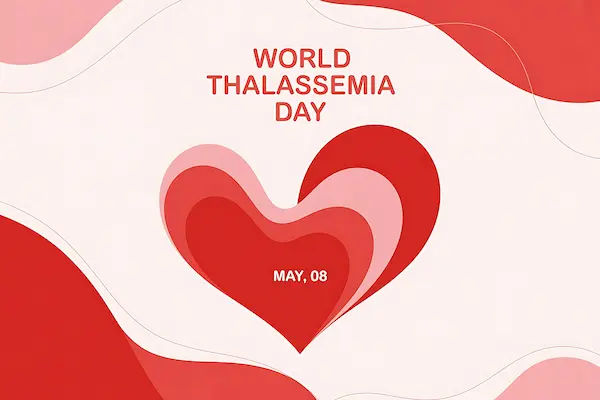World Thalassaemia Day Awareness and Action
Explore the significance of World Thalassaemia Day, raising awareness about thalassaemia, promoting early diagnosis, prevention, and the importance of global action to support affected individuals and families.

Written by Dr. Rohinipriyanka Pondugula
Reviewed by Dr. Dhankecha Mayank Dineshbhai MBBS
Last updated on 26th Aug, 2025

Every year on May 8th, we observe World Thalassaemia Day to raise awareness about this genetic blood disorder, support affected individuals, and encourage preventive measures. Thalassaemia is a condition that affects millions worldwide, yet many people are unaware of its impact.
This article aims to provide simple, compassionate, and useful information about thalassaemia, what it is, its symptoms, causes, and how to manage it. Whether you're a patient, caregiver, or just curious, understanding thalassaemia can help in early detection and better care.
What is Thalassaemia?
Thalassaemia is an inherited blood disorder where the body produces less hemoglobin (the protein in red blood cells that carries oxygen). This leads to anemia (low red blood cell count), causing fatigue, weakness, and other complications.
There are two main types:
1. Alpha Thalassaemia – When the body doesn’t make enough alpha globin (a part of hemoglobin).
2. Beta Thalassaemia – When the body doesn’t make enough beta globin.
Beta thalassaemia is more common and can range from mild (thalassaemia minor) to severe (thalassaemia major).
Consult top Hematologist
Symptoms of Thalassaemia
Symptoms vary depending on the type and severity:
Mild Thalassaemia (Minor):
Mild anemia
Fatigue
Slight weakness
Severe Thalassaemia (Major):
Severe anemia (pale skin, dizziness)
Slow growth in children
Bone deformities (especially in the face)
Enlarged spleen or liver
Frequent infections
Dark urine (due to excess breakdown of red blood cells)
If left untreated, severe thalassaemia can lead to heart and liver problems.
What Causes Thalassaemia?
Thalassaemia is genetic and it is passed down from parents to children. If both parents are carriers (have thalassaemia minor), their child has a:
25% chance of having thalassaemia major
50% chance of being a carrier
25% chance of being unaffected
Note: Carriers (thalassaemia minor) usually have no or very mild symptoms but can pass the gene to their children.
How is Thalassaemia Diagnosed?
If thalassaemia is suspected, doctors may recommend:
Blood tests (Complete Blood Count - CBC, Hemoglobin Electrophoresis)
Genetic testing (to confirm the type)
Early diagnosis is crucial, especially for couples planning a family, as it helps in managing risks.
Get Your Health Assessed
Managing Thalassaemia
While there is no complete cure, treatments help manage symptoms and improve quality of life:
1. Blood Transfusions
Patients with severe thalassaemia need regular blood transfusions (every few weeks) to maintain healthy hemoglobin levels.
2. Iron Chelation Therapy
Frequent transfusions can lead to iron overload, damaging organs.
Chelation therapy (medicines like deferoxamine or deferasirox) helps remove excess iron.
3. Bone Marrow or Stem Cell Transplant
This is the only potential cure but is complex and depends on finding a matching donor.
4. Healthy Lifestyle & Diet
Iron-rich foods (only if not undergoing transfusions)
Folic acid supplements (helps in red blood cell production)
Avoid infections (vaccinations, hygiene practices)
Regular check-ups (monitoring heart, liver, and bone health)
Preventing Thalassaemia
Since thalassaemia is genetic, awareness and testing are key:
Pre-marital screening – Couples should get tested before planning a family.
Prenatal testing – If both parents are carriers, tests like CVS (Chorionic Villus Sampling) or amniocentesis can check if the baby has thalassaemia.
How Can You Help?
Here are few ways through which Thalassaemia patients can get help,
Donate blood – Many thalassaemia patients rely on regular transfusions.
Spread awareness – Educate others about genetic testing and prevention.
Support organizations – Many NGOs work for thalassaemia patients’ welfare.
When to See a Doctor?
If you or your child experience:
Persistent fatigue
Pale or yellowish skin
Slow growth (in children)
Frequent infections
Consult a hematologist (blood specialist) for proper diagnosis and care.
Need Help? Book a Consultation or Test
If you suspect thalassaemia or want genetic counseling, Apollo24|7 offers easy blood tests and expert consultations. Early detection can make a big difference! Schedule a test or talk to a specialist today.
Conclusion
Thalassaemia is a lifelong condition, but with proper care, patients can lead fulfilling lives. Awareness, early testing, and medical support are crucial. This World Thalassaemia Day, let’s pledge to know more, care more, and act more for a healthier future.
Consult top Hematologist
Consult top Hematologist

Dr.sanchayan Mandal
Oncologist
17 Years • MBBS, DrNB( MEDICAL ONCOLOGY), DNB (RADIOTHERAPY),ECMO. PDCR. ASCO
Kolkata
Dr. Sanchayan Mandal Oncology Clinic, Kolkata

Dr Abilash Jain
General Physician/ Internal Medicine Specialist
12 Years • MBBS,DNB(FM),MNAMS,FIAMS,CCGMG(GERIATRICS),DGM (GERIATRICS),PGCD(DIABETES,BOSTON UNIVERSITY),FID(DIABETICS UK)CCEPC(PALLIATIVE CARE),CCCC(CRITICAL CARE)
Visakhapatnam
Apollo Clinic Vizag, Visakhapatnam

Dr. E Prabhakar Sastry
General Physician/ Internal Medicine Specialist
40 Years • MD(Internal Medicine)
Manikonda Jagir
Apollo Clinic, Manikonda, Manikonda Jagir
(125+ Patients)
Dr. Velu Nair
Haematologist
36 Years • MBBS, MD (Med.), FRCP, FACP, FAMS, FICP, FIACM, FUICC, FISHTM
Ahmedabad
Apollo Hospitals Gandhinagar, Ahmedabad
(25+ Patients)

Dr. Prabu P
Haematologist
29 Years • MBBS, MD(Gen.Med.)(JIPMER) , MRCP, Dip RCPath, FRCPath, CCT(U.K), Haemato - Oncology.
Chennai
Apollo Hospitals Greams Road, Chennai
(500+ Patients)



